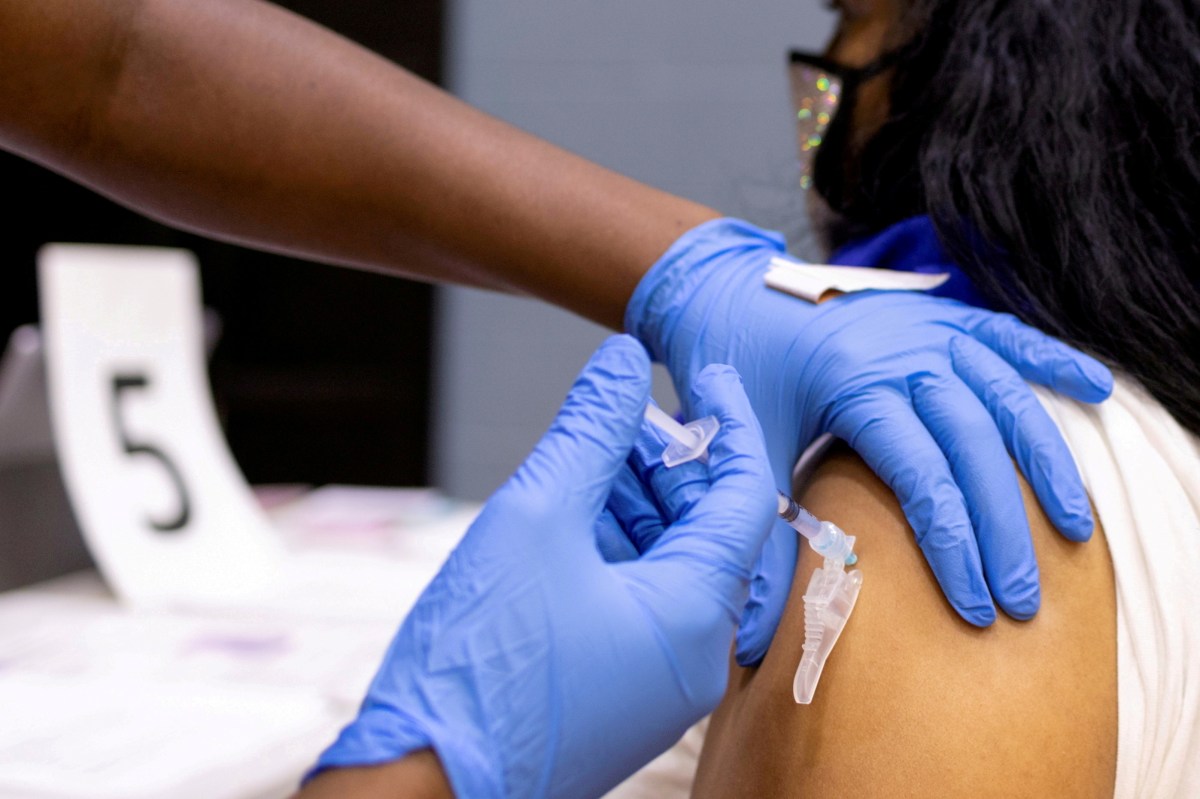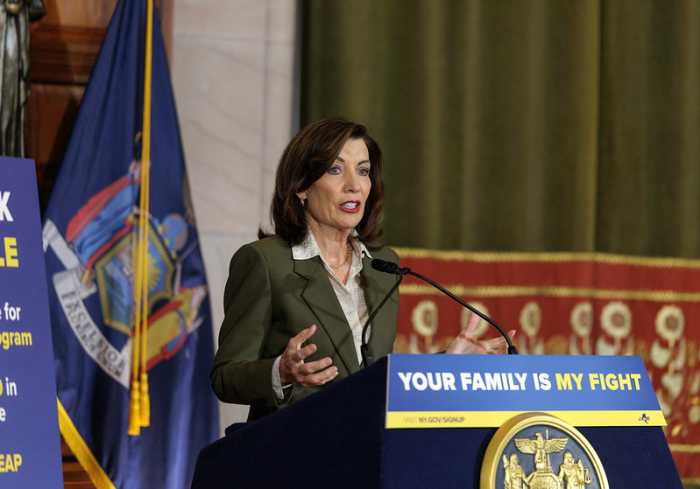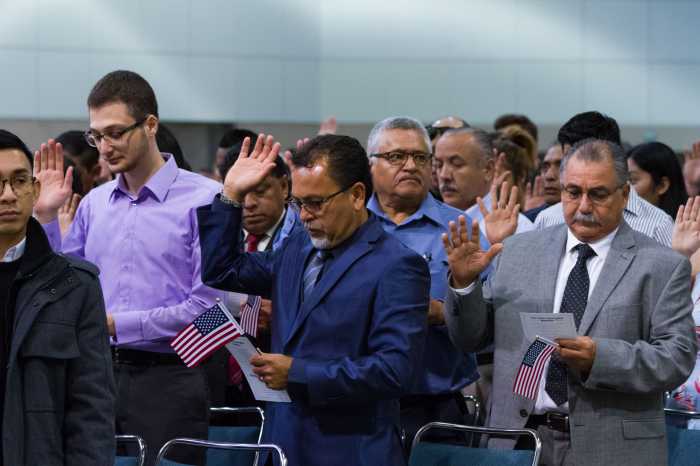By Manas Mishra
The U.S. Food and Drug Administration on Friday authorized booster doses of Covid-19 vaccines for all adults who were vaccinated with the Pfizer Inc and partner BioNTech SE shot and the Moderna Inc shot.
The regulator’s decision paves the way for millions of Americans to get additional protection and is aimed at addressing waning protection among fully vaccinated Americans in the face of Delta variant-driven breakthrough cases of the illness.
It authorized the Pfizer/BioNTech or Moderna booster for all adults who had their second dose of the vaccine six months prior.
“Streamlining the eligibility criteria and making booster doses available to all individuals 18 years of age and older will also help to eliminate confusion about who may receive a booster dose and ensure booster doses are available to all who may need one,” Peter Marks, director of the FDA’s Center for Biologics Evaluation and Research, said in a statement.
The final regulatory review moves to a meeting of an advisory committee to the Centers for U.S. Disease Control and Prevention (CDC) on boosters scheduled for noon on Friday, and then a recommendation from the agency’s director, who has publicly supported boosters for all.
Shares of Moderna rose 5.3% to $264.79 in pre-market trading while Pfizer was up 1.4% at $52.11.
Over 31 million Americans have already received a booster shot, but current CDC guidelines recommend extra doses only for some population groups.
A broad recommendation could bring uniformity in the country at a time when individual states such as Colorado, California and Massachusetts have already made all adults eligible for COVID-19 vaccine boosters.
The FDA said that the decision was supported by data showing that a booster of the vaccine increased the immune response in studies of both Moderna and the Pfizer/BioNTech vaccine.
Pfizer has also reported data from a large clinical study that showed a booster dose of its vaccine was 95.6% effective against the coronavirus when compared with a vaccinated group that did not get the third shot.
Israeli data has also showed that administering Pfizer/BioNTech booster shots widely slowed virus transmission.
There has been “a ground swell of interest in boosters-for-all,” said Dr. William Schaffner, a leading infectious disease expert from the Vanderbilt University School of Medicine who serves as the liaison for the National Foundation for Infectious Diseases.
Booster doses of messenger RNA (mRNA) vaccines from Pfizer/BioNTech or Moderna have been available for people who are immunocompromised, those who are aged 65 and above, and for individuals at high-risk of severe disease or who are regularly exposed to the virus through work or living conditions.
Anecdotal reports suggest that Americans have been largely able to get boosters, whether or not they are eligible.
“There is a lot of boosting going on that does not conform to the current, somewhat more restrictive set of recommendations,” said Schaffner.
Nearly 60% of adult Americans – some 195.6 million people – are considered fully vaccinated, having received two doses of either the Pfizer/BioNTech or Moderna vaccines, or one shot of the Johnson & Johnson vaccine.
(Reporting by Manas Mishra and Manojna Maddipatla in Bengaluru and Julie Steenhuysen in Chicago; writing by Caroline Humer; editing by Bill Berkrot and Chizu Nomiyama)
For more coronavirus coverage, visit longislandpress.com/coronavirus.
Sign up for Long Island Press’ email newsletters here. Sign up for home delivery of Long Island Press here. Sign up for discounts by becoming a Long Island Press community partner here.
































